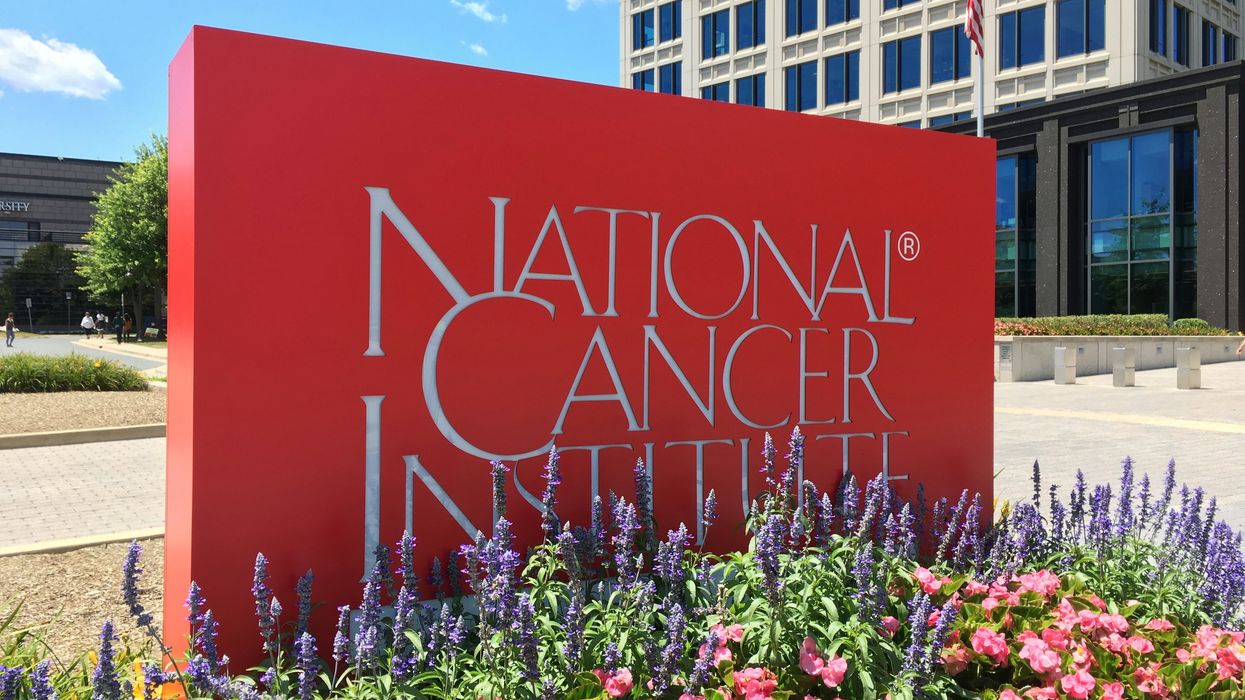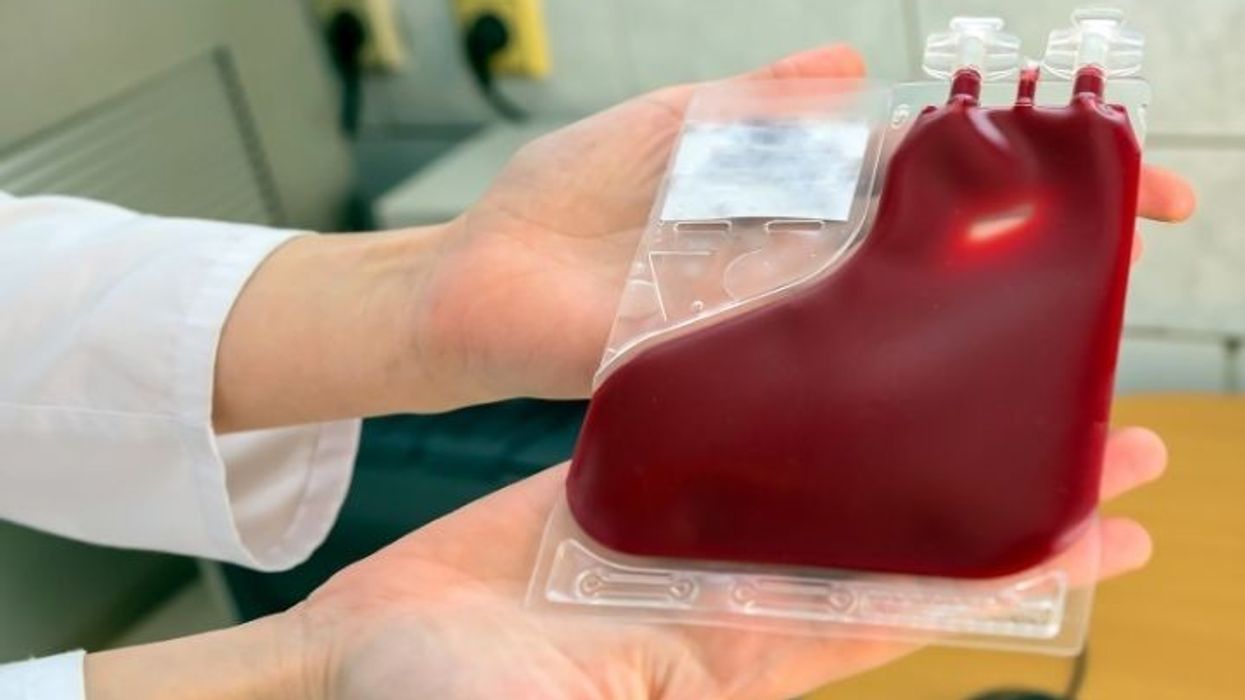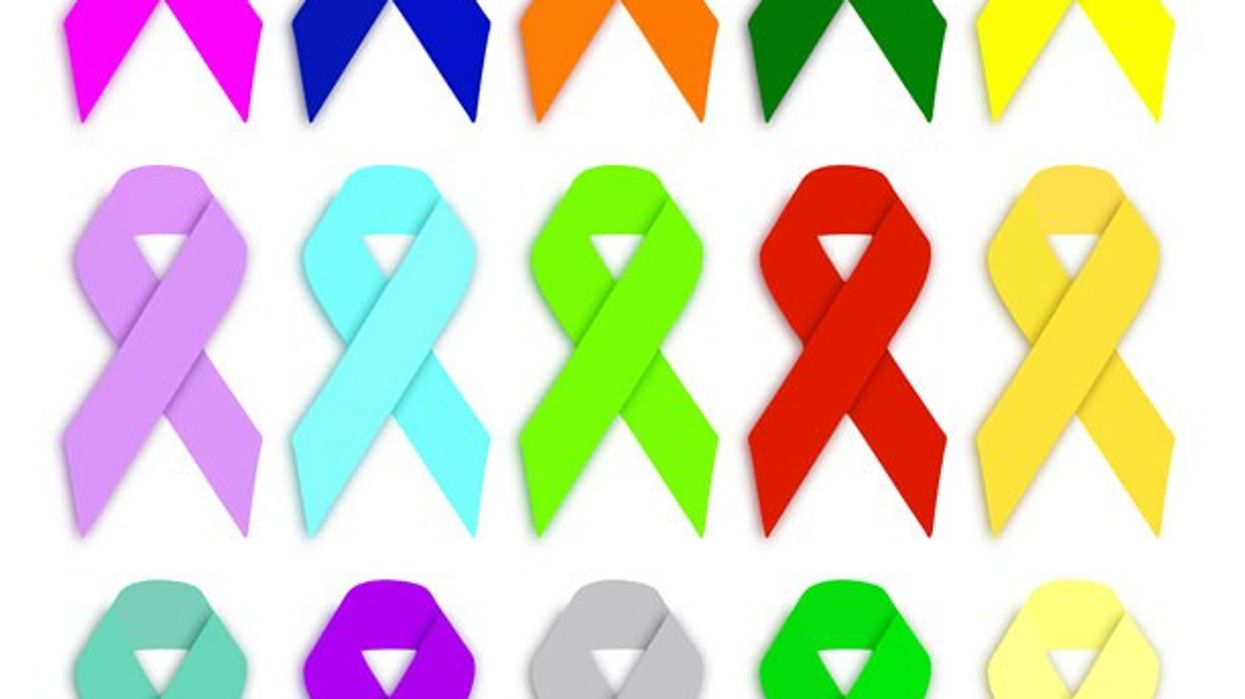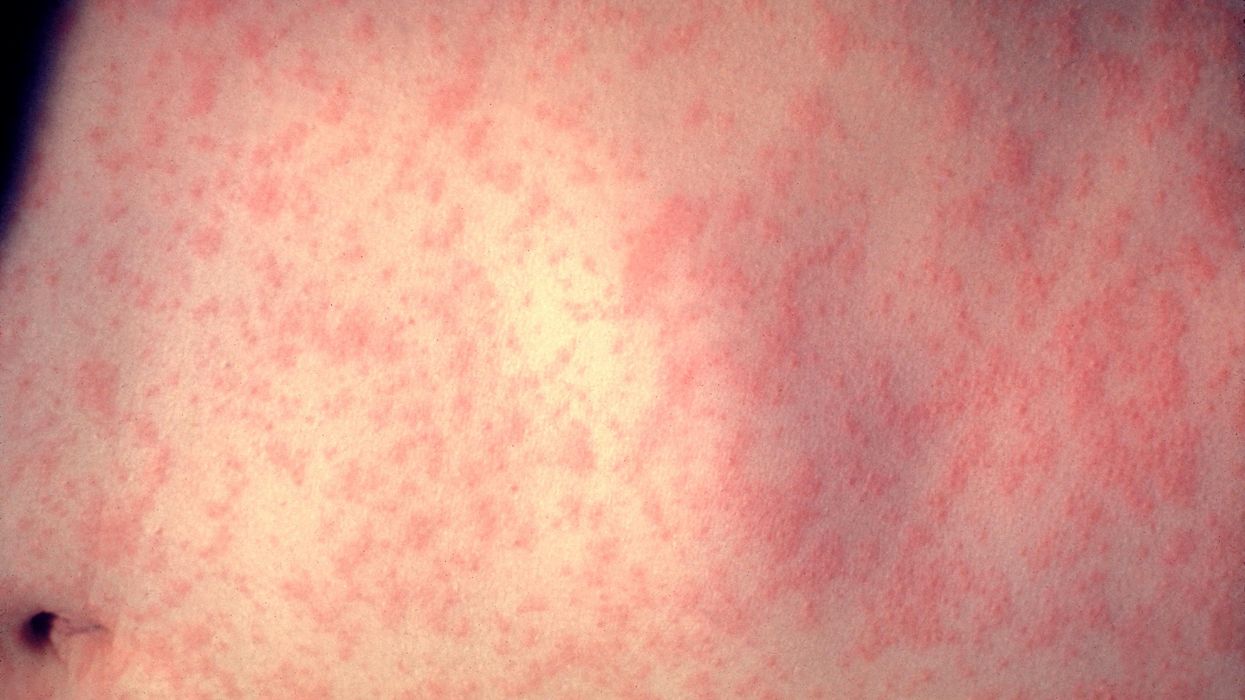As December begins, the holiday season brings festive preparations, family gatherings, and the joy of togetherness. Alongside the celebrations, December also highlights several important health awareness campaigns. From promoting proper handwashing and flu prevention to observing World AIDS Day and National Impaired Driving Awareness Month, this month focuses on both seasonal health concerns and broader wellness topics.
National Influenza Vaccination Week
With flu season peaking during the winter months, National Influenza Vaccination Week emphasizes the importance of flu vaccines. While many people think it's too late to get vaccinated in December, the Centers for Disease Control and Prevention (CDC) encourages vaccination throughout the flu season, which can extend into spring.
Tips for Staying Healthy:
- Get your flu shot if you haven’t already.
- Practice good hygiene by washing hands frequently and covering coughs and sneezes.
- Stay home if you feel sick to avoid spreading the flu.
National Handwashing Week
Perfectly paired with national flu vaccination week comes national handwashing week. As we learned during the COVID pandemic, washing yours hands correctly really does help the spread of disease. With colds, the flu, and COVID cases rising during the winter, this is the time to remind people about the importance of washing your hands.
Tips for Proper Hand Washing:
- Know the right times to wash your hands. Before handling food, after using the restroom, or coughing or sneezing.
- Wash your hands properly. It's not as easy as soap and water. You should soap your hands for 20 seconds before rinsing them. Sing Happy Birthday twice, or a verse of Jolene, by Dolly Parton. If Britney Spears is more your speed, sing Toxic.
- Dry your hands. Wet hands attract and exchange germs easier.
National Impaired Driving Prevention Month
It's holiday season and brings with it a spike in impaired driving incidents due to celebrations that often involve alcohol, drugs, or other substances.
Things to Remember During the Holiday Season:
- Make a plan before you take that first drink.
- Remember driving impaired isn't only alcohol. Using drugs or even driving when tired is considered impaired driving.
- Be vigilant when you're on the road. If you see something concerning, call 911.
World AIDS day
World AIDS day aims to raise awareness about HIV/AIDS, honor those lost to the epidemic, and support individuals living with HIV. This year’s theme, "Equitable Access, Everyone Deserves Equal Care," highlights the need for fair healthcare access and the fight against stigma worldwide.
Things to do to Make a Difference:
- Learn about prevention, testing, and treatments now available.
- Support local organizations that help with education and outreach.
- Promote testing. Early detection and ending the stigma around testing is key to helping stop the spread.


















